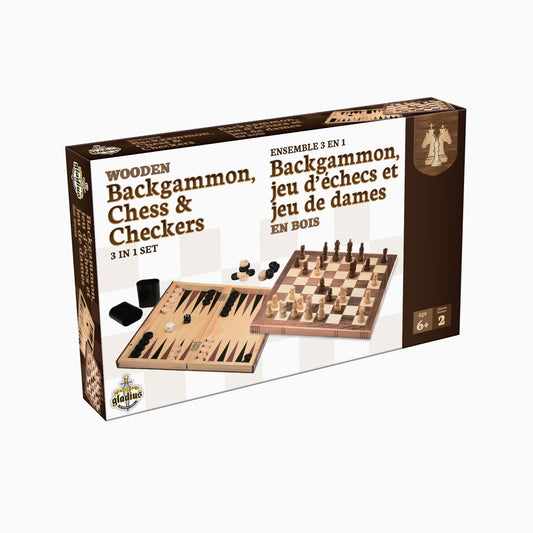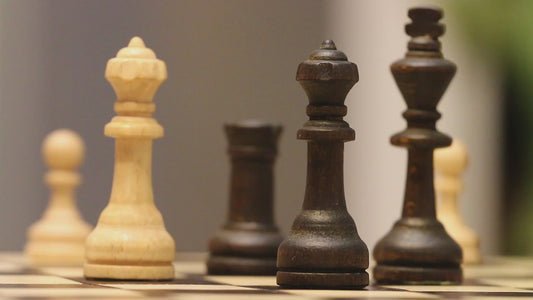
Inference
A little theory...
Inference involves the ability to draw logical conclusions and implicitly understand information from what is presented. This can include deducing non-explicit details, understanding characters' intentions or predicting future events in the game.
How to develop it
To develop inference through play, it's crucial to choose activities that encourage children to think critically and analyze available clues. Guessing games, puzzles and role-playing games are particularly effective for this. For example, in a guessing game, children have to deduce the answer based on the clues given, which strengthens their ability to make inferences.
Similarly, narrative games, such as story-based board games or role-playing games where children play characters, offer opportunities to infer character motivations and understand the consequences of different actions. These games encourage children to read between the lines and draw conclusions from interactions in the game.
Developmental psychologist Dr. Lev Vygotsky emphasizes the importance of role-playing in the development of inference in children: "Role-playing gives children the opportunity to practice abstract thinking and social understanding. By playing out imaginary scenarios, children learn to infer the intentions of others and anticipate the consequences of different actions" (Vygotsky, L. "Mind in Society: The Development of Higher Psychological Processes", 1978).
By encouraging children to engage in a variety of games that emphasize inference, parents and educators contribute to the development of a fundamental skill for understanding the surrounding world and succeeding in everyday activities. Games represent a fertile ground where children can practice and consolidate their inference skills in an immersive and fulfilling way.
Reference
Vygotsky, L. "Mind in Society: The Development of Higher Psychological Processes", 1978.





